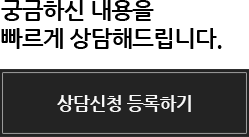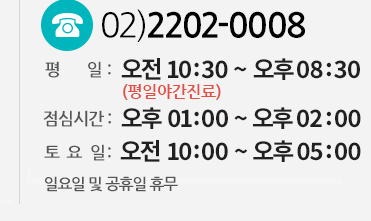Young Kids Acting Out in School The Top 3 Issues Parents Worry about …
페이지 정보
작성자 Georgina 댓글 0건 조회 696회 작성일 23-08-16 01:34본문
praca w szklarni niemcy bez języka - https://evanie.cz/goto/https://xn--80abzqel.xn--p1ai/bitrix/redirect.php?goto=http://achiro.pekori.to/script/memo/memo.html%3F. Young Kids Acting Out in School: The Top 3 Issues Parents Worry about Most If you’re the parent of a young child who acts out at school, you’ve probably asked yourself, “If my child is out of control now, how will I be able to deal with him when he’s ten—or a teenager?” Once a toddler or kindergartner becomes known as a child who “plays too rough” or “always has to have his way,” parents often find that invitations to playdates and birthday parties begin to dry up.
Instead of hoping your child will be well-liked at school, you might be saying to yourself, “If only Ben could find just one friend to play with—and maintain that friendship for longer than a day!” Let me start by saying that many of the difficult behaviors your young child displays— including pushing, hitting, and refusing to share and take turns—are perfectly normal for their developmental level.
While you still need to address those issues, I think it’s helpful to understand that they are very common amongst young kids—and you are certainly not alone in what you are dealing with. I personally believe that one of the keys to helping your young child improve their behavior at school lies in having them work on this same behavior at home. The good news is that as a parent, you are in the best position to coach, teach and hold them accountable for their behavior. In my experience, of all the issues parents have concerns about when it comes to young kids at school, these three tend to be the most common—and the ones parents worry about most: “My Child is Overly Aggressive.” Nobody wants their child to hit, praca w Szwajcarii kierowca yell, or play too roughly with others, but it’s important to realize that this is typical in young children—in part because most toddlers and kindergartners still lack adequate verbal skills to deal with their emotions.
For a young child, Zmywacz szyb reasoning through a situation when they are upset can be very challenging, if not altogether impossible. And for many kids, hitting, pushing and yelling are the best problem solving skills they have at their fingertips. This is not to say you should excuse aggressive behavior, or that you can’t coach your child to behave appropriately on their own eventually. While it’s important to recognize that what your child is doing is normal, you also need to use rules and consequences to clearly teach them how to stop behaving too aggressively.
What Parents Can Do: It’s up to you to let your child know that their actions will no longer be tolerated. When things are calm, get down on their level, look them in the eye and say, “Hitting, biting, kicking and pushing are wrong and they hurt people.” Be sure to tell them what their consequence will be: “If I see you hurting anyone, or if the teacher tells me you hit someone again at pre-school today, your consequence will be no television when you get home.
Instead of hoping your child will be well-liked at school, you might be saying to yourself, “If only Ben could find just one friend to play with—and maintain that friendship for longer than a day!” Let me start by saying that many of the difficult behaviors your young child displays— including pushing, hitting, and refusing to share and take turns—are perfectly normal for their developmental level.
While you still need to address those issues, I think it’s helpful to understand that they are very common amongst young kids—and you are certainly not alone in what you are dealing with. I personally believe that one of the keys to helping your young child improve their behavior at school lies in having them work on this same behavior at home. The good news is that as a parent, you are in the best position to coach, teach and hold them accountable for their behavior. In my experience, of all the issues parents have concerns about when it comes to young kids at school, these three tend to be the most common—and the ones parents worry about most: “My Child is Overly Aggressive.” Nobody wants their child to hit, praca w Szwajcarii kierowca yell, or play too roughly with others, but it’s important to realize that this is typical in young children—in part because most toddlers and kindergartners still lack adequate verbal skills to deal with their emotions.
For a young child, Zmywacz szyb reasoning through a situation when they are upset can be very challenging, if not altogether impossible. And for many kids, hitting, pushing and yelling are the best problem solving skills they have at their fingertips. This is not to say you should excuse aggressive behavior, or that you can’t coach your child to behave appropriately on their own eventually. While it’s important to recognize that what your child is doing is normal, you also need to use rules and consequences to clearly teach them how to stop behaving too aggressively.
What Parents Can Do: It’s up to you to let your child know that their actions will no longer be tolerated. When things are calm, get down on their level, look them in the eye and say, “Hitting, biting, kicking and pushing are wrong and they hurt people.” Be sure to tell them what their consequence will be: “If I see you hurting anyone, or if the teacher tells me you hit someone again at pre-school today, your consequence will be no television when you get home.
- 이전글see this website 23.08.16
- 다음글Are You Getting The Most From Your Double Glazing Repairs Maidstone? 23.08.16
댓글목록
등록된 댓글이 없습니다.
























